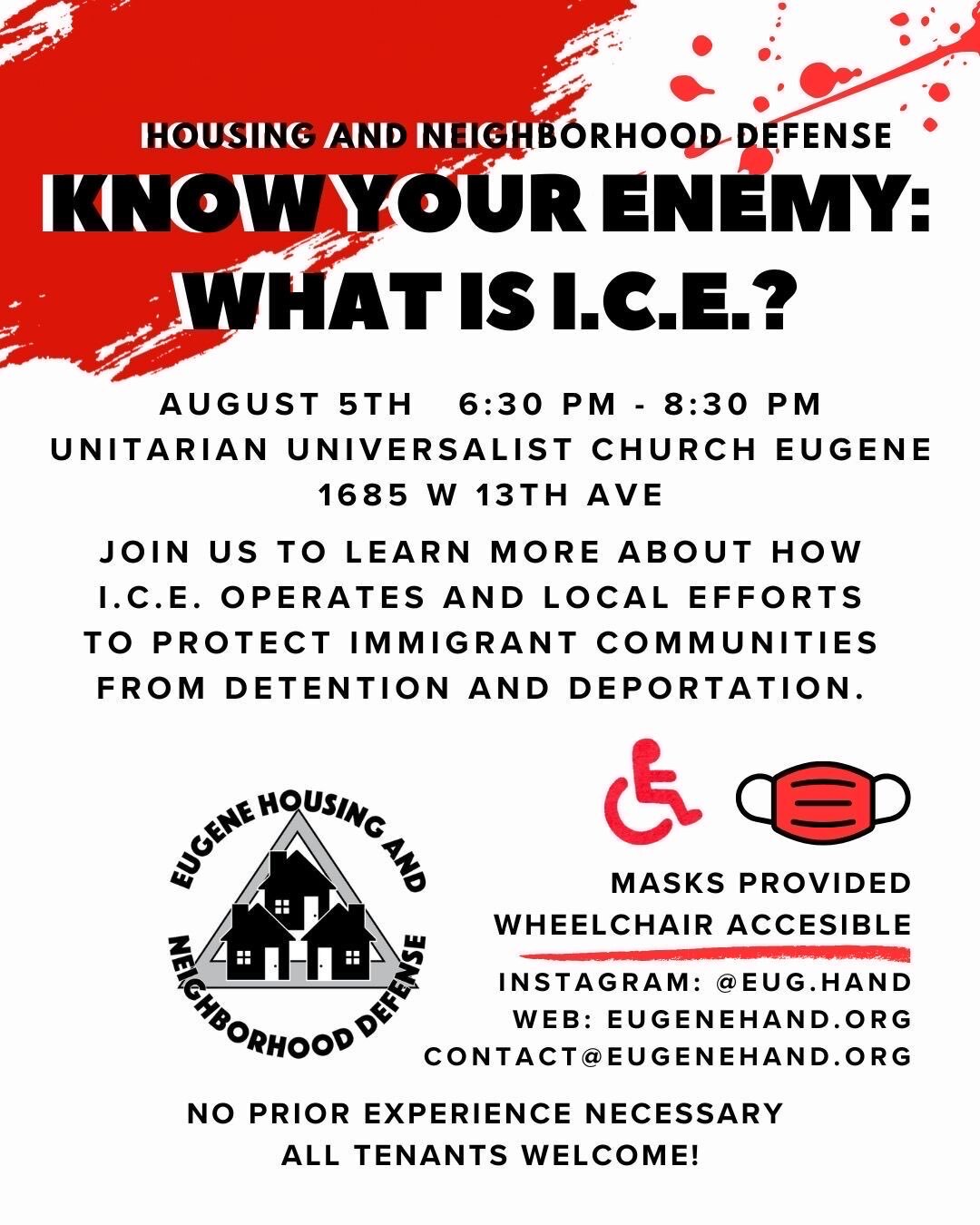Hey, candidly, as a fellow UU, seeing the term “enemy” makes me pretty sad. I don’t like ICE, I think the concept is abhorrent, but naming other humans “enemies” feels like a violation of several principles.
We posted online about white Christian nationalism on the church’s social media, and there was a lot of heat locally after. We ended up inviting people to the church, having a large discussion, and even some critics who came changed their minds after learning more about the terms. A lot of people, like some of my family, heard the term and literally said, “I’m white, I’m Christian, and I love our country. What is so wrong with that?” It was a misunderstanding.
We also discussed the paradox of tolerance, or “Do you tolerate the intolerable?” If someone is malicious or a bad faith actor, how do we respond? The Article II discussions spoke to this specifically:
- Justice. We work to be diverse multicultural Beloved Communities where all thrive.
- We covenant to dismantle racism and all forms of systemic oppression. We support the use of 33 inclusive democratic processes to make decisions within our congregations, our Association, 34 and society at large.
Here’s a different take: what if an ICE agent came? Would they be welcome? Or would they be denied? They aren’t coming to detain someone, but if they came to the discussion, how would you treat them?
Another exercise that’s valuable is 4 voices: groups of 4 people sit together and each takes on a voice; pro, against, past, future. We did a discussion on border policy. Our pro was an immigrant in real life, from Canada, who thought what was happening was abhorrent (I agree personally). I was the against, and I used the character of someone signing up for ICE because their family was hurt by an immigrant. Each voice speaks without interruption for 4 minutes, because the goal is to listen and learn from different perspectives.
This is food for thought, and I hope your event goes well regardless. Peace, love, aṣẹ.
